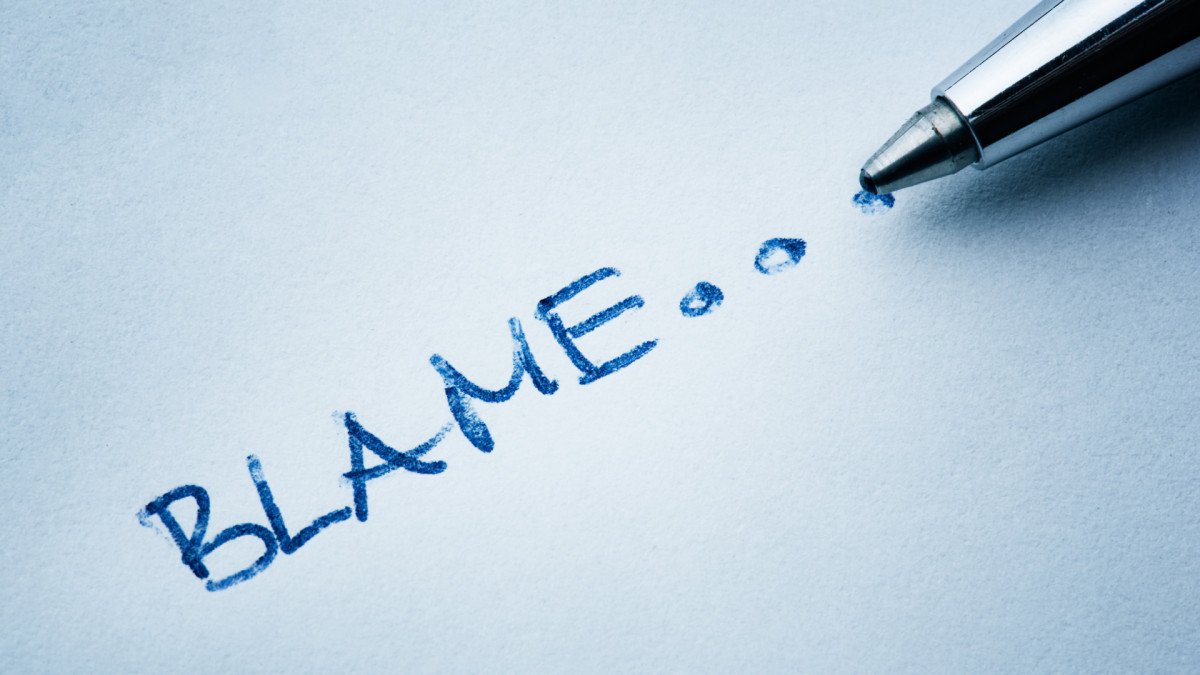
Confess: did you do it too? If you’ve ever put a purely negative connotation on an emotion, you’re not alone. Human beings tend to label some emotions as “bad” without realizing the true message they carry.
Just as anger teaches us to set limits and sadness helps us recognize situations that make us unhappy, guilt, like the rest of our emotions, also has a function. If you want to know what the feeling of guilt is for, we invite you to continue reading this article.
In the following lines we will explore the adaptive function of guilt, and we will explore how this often misinterpreted feeling can be a valuable compass for our personal growth and our relationships with others.
What is guilt?
Guilt is a complex and universal emotion that arises when we perceive that we have made a mistake or caused harm to another person. It is a feeling that is perceived as unpleasant and that invades us with persistent thoughts and emotions of anguish or discomfort.
The feeling of guilt manifests itself in various ways, both internally and externally. Internally, we may experience intrusive thoughts of self-criticism, rumination about the mistake made, and a general sense of shame. On an external level, we can observe changes in our behavior, such as social isolation, avoidance of certain situations or people, and even self-harm.
Guilt originates from the interaction of two main factors: our internal beliefs and values and our early experiences.
Although guilt can be described as an unpleasant emotion for all the effects it generates, it can also have a positive purpose. This feeling can act as a self-control mechanism, prompting us to repair the damage we have caused and avoid making the same mistakes in the future.

What is the function of guilt?
Can you imagine what life would be like if no one ever felt guilty? A world without remorse, without apologies, without attempts to repair the damage caused. A utopian scenario at first glance, but in reality it would lead us to a state of social and moral chaos.
Guilt, often misinterpreted as a negative and unhelpful emotion, plays a vital role in our lives. It is an internal moral compass that guides us toward prosocial and ethical behavior. It arises when we perceive a dissonance between our actions and our values, alerting us that we have transgressed a norm or caused harm to another person.
It is that uncomfortable pang that prompts us to act to correct our mistake, whether by apologizing, compensating the person affected, or modifying our future behavior. If we could describe what the feeling of guilt is for, it would be appropriate to mention the following 5 functions:
1. Self-control
Guilt acts as a self-regulation mechanism that prompts us to modify behaviors that we consider inappropriate or harmful. It helps us recognize when we have transgressed a norm or personal value and motivates us to correct our mistake and avoid repeating it in the future.
2. Empathy and responsibility
This emotion allows us to understand the impact our actions have on others. By feeling guilty, we can put ourselves in the shoes of the person affected by our actions and develop empathy for their feelings. This leads us to take responsibility for our actions and look for ways to repair the damage caused.
3. Learning and growth
Who knew guilt could be a valuable learning tool? By reflecting on our actions and the consequences they have had, we can identify inappropriate patterns of behavior and take steps to correct them. In this way, guilt helps us grow as people and improve our relationships with others.
4. Strengthens relationships
Guilt can motivate us to seek forgiveness and reconciliation with people we have hurt. By taking responsibility for our actions and expressing our regret, we can strengthen our bonds and restore trust in our relationships.
5. Promotion of justice
In a broader sense, guilt can contribute to building a more just and equitable society. By feeling guilty about our harmful actions, we may be more likely to act ethically and responsibly, respecting the rights and dignity of others.
In short, guilt, far from being a negative emotion, if we know how to look at it, it becomes a valuable tool that helps us be better people and build a more just and harmonious world.

How to manage guilt
If you’ve reached this point, you already know the great positive message that guilt brings with it. However, it is important to differentiate between healthy guilt and pathological guilt. Healthy guilt is temporary and proportional to the severity of the transgression. It drives us to act to repair the damage and learn from the experience.
On the other hand, pathological guilt is excessive, persistent and irrational, and can lead to low self-esteem, anxiety and even depression. Next, we will share some keys to managing the feeling of guilt when it is no longer healthy:









